Behaviorism or Constructivism
Behaviorism or Constructivism
“Is it possible that our children are not really as well educated as we would like to think?”

Now that millions of parents have been forced to become their child’s educator during the COVID-19 pandemic, perhaps it is time to rekindle a discussion about how our children learn best. There are proponents of a model of schooling called behaviorism, the current federal approach, and fewer advocates for the model of education called constructivism, or how children learn best. What parents have been trying to navigate for twelve weeks, with more to come, is our traditional system of schooling. Here is how it works.
An elementary child is given many worksheets to complete in a class of 24 children of all the same age, however in this time of remote learning, these have been sent to a screen. There are worksheets for spelling, addition, subtraction, which serve as practice for what a teacher has just drilled into their minds while the group sat in front of a Smart board. The teacher is pressured to teach what will be on high–stakes testing, which is “common knowledge,” referred to a rigor because there is a belief that passing tests is demonstration of achieving excellence in education. However, these tests are developed and administered by the same organizations that develop the worksheets, computer programs and textbooks. It is a self-feeding system that ensures corporate bonuses to their executives. In this system, children who perform well and are blindly obedient to the demands of the system are recognized by the use of award assemblies, bumper stickers, a published honor roll, pizza parties, and other public methods of rewards earned. As they get older, they are considered for advanced placement courses, only accessible to the smartest and the best performers. All these are designed to coerce improvement in a child’s performance. The lessons taught are prepared well ahead of time, not by the teacher that knows the children, but by textbook companies, foundations, and technology companies that have never been licensed or certified as teachers, never mind as teachers of your children. Regular pop quizzes and tests are given to ensure all children stay on track. Often these are administered on a screen and graded by the computer program. A substantial amount of homework is assigned. There is little time for depth of understanding that connects to real-life because children are too busy memorizing a bunch of words or facts that will be on the test. As the years of schooling pass, the child learns to only focus on performance and grades rather than the processes of reflecting, understanding and learning. This child is trapped in a system where the more the traditional methods failed, the more they became prescribed by politicians and bureaucrats. In this system, failure is blamed on the children or the parents instead of the system’s beliefs about children and more importantly, what represents excellence in education and how to achieve it.
The questions that come to mind when we choose to take our children and their education seriously are ” Why do we continue to defend the traditional structure of schooling, instead of engaging in rich dialogues about constructivism in education?” “Do we as parents know we have a choice as to how our children are educated?” “Do we have the will to exercise that choice or are we trapped by our own history and beliefs about how we were schooled?” “Is the best way for children to become educated is in large classes of children all the same age with teachers forced to transmit “common knowledge” in fragmented bits through programs and lessons bought by the district which are often divorced from the context of that knowledge or life itself?” “Do we believe it is best for our children to be motivated through external rewards and punishment?” “Do we want our children’s minds, bodies and spirits to be controlled, similar to that of prisoners, or to be liberated so they express their authenticity and transform their lives in the best possible ways?” The answers we have to these questions will influence whether we create the education our children deserve. The next segment will contrast the behaviorism system of schooling to the constructivism system of education so we can make informed decisions.
Jeanine Fitzgerald
Owner, The Fitzgerald Institute Of Lifelong Learning.

